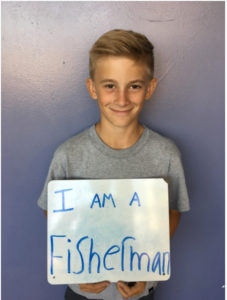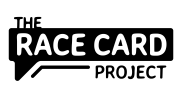B B,
Flathead Indian Reservation, MT.
One may change; one may relinquish imposed ideas of self. Maybe every day; maybe every hour. Maybe never.
I searched the Race Cards for the keyword “sorry”. Of the 32 six-word uses of the term, 22 were ironic, 8 were apologetic, and 2 were preceded with the word “not.” Of the ironic, 14 were self-voiced and 8 were other-voiced. Of the apologetic, three apologized for ancestors, 2 for immediate family, and 3 for self. Of the apologetic for self, 2 cited ignorance corrected and 1 indicated confusion. No apologies were self-directed.
Searches for “love” and “hate” produced uncounted results; of 19 occurrences of “thank” about 2/3 were genuine, two followed by “God,” and one from the Project itself. No expressions of gratitude were self-directed.
I was unable to determine the total number of Cards submitted. I’m curious if they are curated.
When I say “change,” I mean “for better” and “for worse.” When I say “ideas,” I mean positive ones and negative ones. When I say “never,” I mean “some people never change” and “never disempower yourself.” Which did you read?
I’ve learned that when I allow my behavior to be altered by an assumption in even the smallest way, the effect will be immense because so many people do exactly the same thing.
I was reminded (by searching “articulate”) that many of the compliments I’ve received (not all offensively qualified) have been delivered with an “it’s like a talking dog” kind of look. It hadn’t occurred to me to be offended–I was triumphant that I had broken an illusion (one openly admitted, in a sense). I felt it as a duty, and that person will be a little less amazed (confused) next time they’re impressed.
Any errors above are my own.






